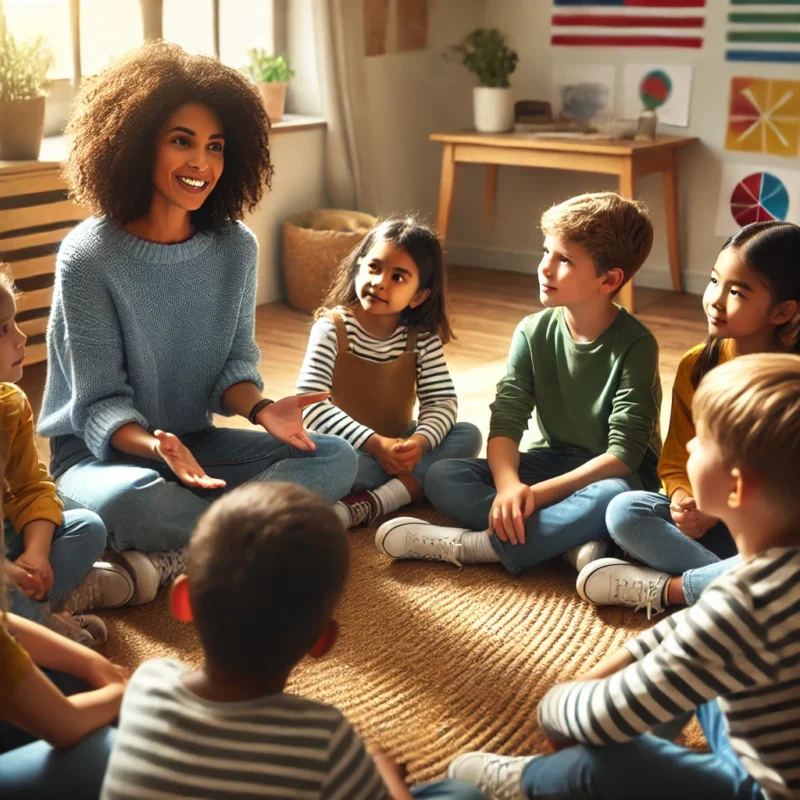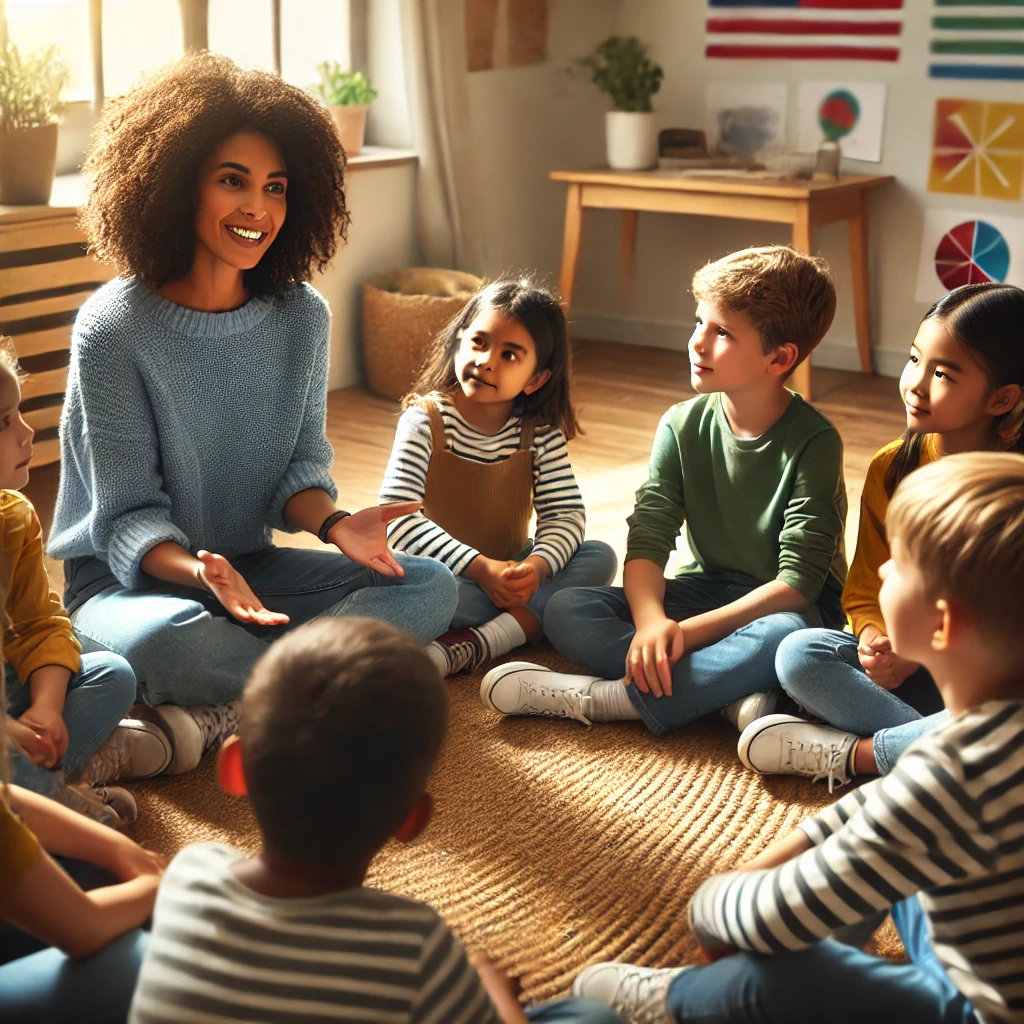Conflict is a natural part of life, and teaching children how to navigate disagreements effectively is essential for their social and emotional development. By providing them with the right tools and guidance, you can help your child handle conflicts in a healthy and constructive manner. A Prep School in Liverpool have shared some effective ways to teach your child conflict resolution skills.
1. Model Positive Conflict Resolution

Children learn by observing their parents and caregivers. Demonstrate respectful and calm communication when resolving conflicts in your own life. Show them how to:
- Listen actively without interrupting
- Express feelings using “I” statements (e.g., “I feel upset when…”)
- Find solutions through compromise and cooperation
2. Teach Emotional Awareness
Help your child understand and express their emotions by:
- Encouraging them to name their feelings (e.g., angry, frustrated, sad)
- Discussing what triggers these emotions
- Teaching calming techniques such as deep breathing or counting to ten
Understanding emotions helps children regulate their responses and approach conflicts more thoughtfully.
3. Encourage Active Listening
Teach your child the importance of listening to others during disagreements. Encourage them to:
- Make eye contact and focus on the speaker
- Repeat what the other person said to ensure understanding
- Ask questions to clarify any confusion
When children feel heard and understood, they are more likely to find peaceful resolutions.
4. Guide Them to Find Solutions
Instead of solving conflicts for them, guide your child to come up with their own solutions by asking:
- “How do you think we can solve this problem?”
- “What could you do differently next time?”
- “How can you and your friend both be happy with the outcome?”
Encouraging problem-solving fosters independence and critical thinking.
5. Practice Through Role-Playing
Use role-playing exercises to help your child practice handling conflicts in a safe environment. Create scenarios such as:
- A disagreement over a toy
- Misunderstanding with a friend
- Dealing with teasing or unkind words
Practicing responses helps children feel more confident when real conflicts arise.
6. Teach the Power of Apologies and Forgiveness
Help your child understand the importance of making amends by teaching them to:
- Say “I’m sorry” sincerely
- Accept apologies from others
- Learn from mistakes and move forward
Forgiveness teaches children resilience and helps maintain healthy relationships.
7. Reinforce Positive Behaviour
Acknowledge and praise your child when they manage conflicts well. Positive reinforcement encourages them to continue using healthy conflict resolution skills. You can say things like:
- “I really liked how you stayed calm and talked it out.”
- “You did a great job listening and finding a solution together.”
Final Thoughts
Teaching children to manage conflict effectively takes time and patience, but it is an invaluable life skill. By modelling healthy conflict resolution, encouraging emotional awareness, and guiding them through problem-solving, you help equip your child with the tools they need to build strong, respectful relationships.
How do you help your child navigate conflicts? Share your experiences in the comments below!

